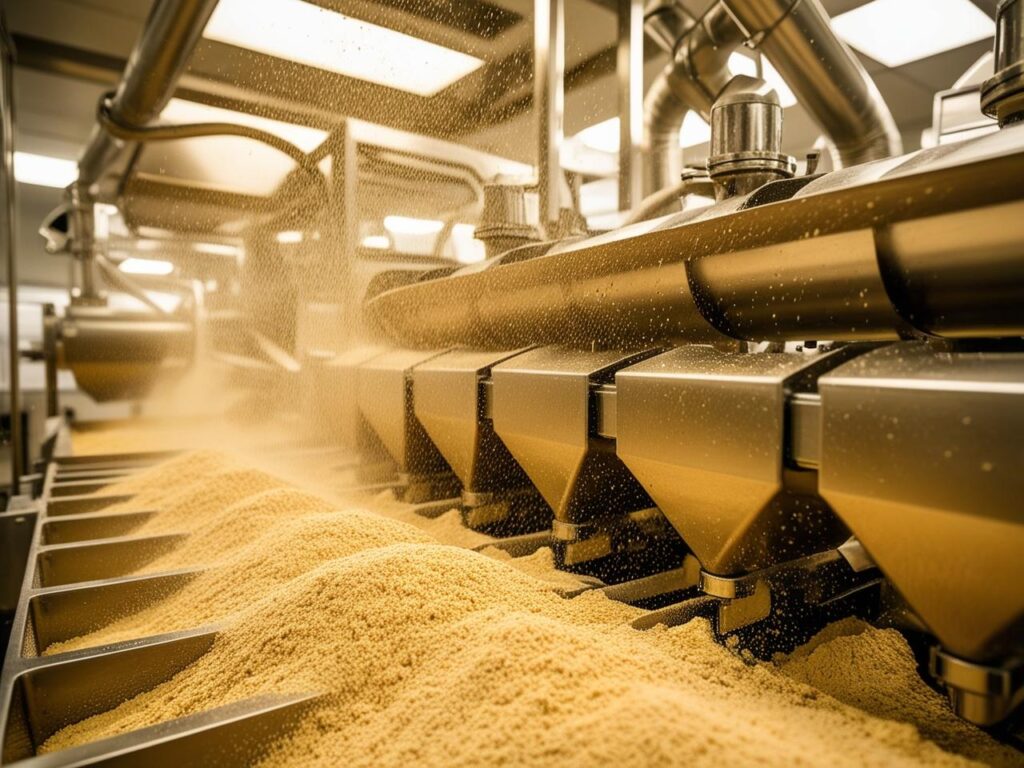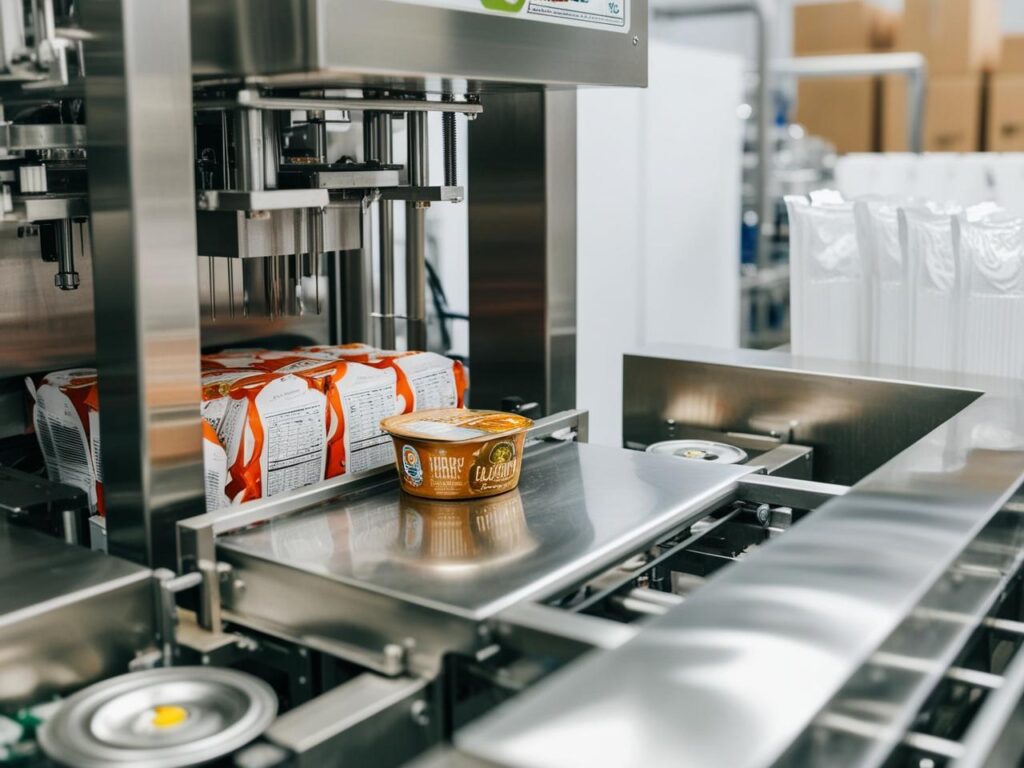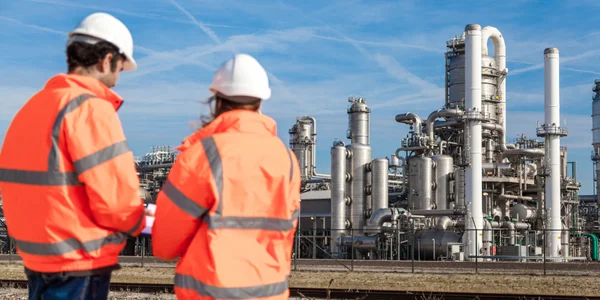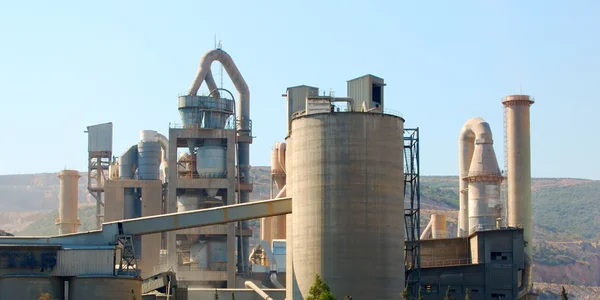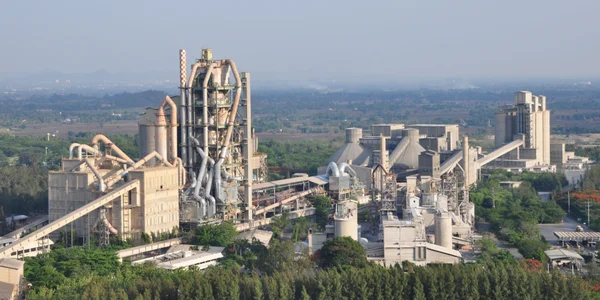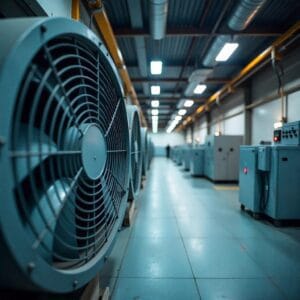Kontor
HUVUDKONTORET

Tyskland
- Intensivfilter Himenviro Technologies GmbH
Neustraße 45 - 49, 42553, Velbert, Tyskland/Tyskland - +49 20534200990
REGIONALKONTOR

Storbritannien
- Intensivfilter Himenviro UK Limited
47, Bath Street WS13BX, Wallsall West Midlands, Storbritannien - +44 1922 628893
REGIONALKONTOR

Förenade Arabemiraten
- Intensivfilter Himenviro Technologies FZE – LLC
Business Centre, Sharjah Publishing City Free Zone, Sharjah, UAE - +971-556074697
REGIONALKONTOR

Indien
- Intensivfilter Himenviro Private Limited
D-247/11, Sector-63, Noida - 201301, Uttar Pradesh, Indien - +91-120-4642-500
REGIONALKONTOR

Indien
- Intensivfilter Himenviro Private Limited
D-247/11, Sector-63, Noida - 201301, Uttar Pradesh, Indien - +91-120-4642-500
REGIONALKONTOR

Indien
- Intensivfilter Himenviro Private Limited
D-247/11, Sector-63, Noida - 201301, Uttar Pradesh, Indien - +91-120-4642-500
Luft- och dammfiltreringslösningar för livsmedelsindustrin
Livsmedels- och dryckesindustrin är en komplex och hårt reglerad sektor som är beroende av exakta processer och strikta hygienstandarder. En viktig aspekt av att upprätthålla dessa standarder är effektiv dammkontroll. Processer som spannmålshantering, blandning, blandning och förpackning genererar fina dammpartiklar som kan förorena produkter, utgöra hälsorisker för arbetstagare och skapa potentiella explosionsrisker.
För att möta dessa utmaningar erbjuder vi avancerade filtreringslösningar Speciellt utformade för livsmedels- och dryckesindustrin. Våra system är konstruerade för att fånga upp och avlägsna dammpartiklar, vilket säkerställer produktrenhet, arbetssäkerhet och regelefterlevnad.
Dammfiltreringsprocess inom livsmedelsindustrin
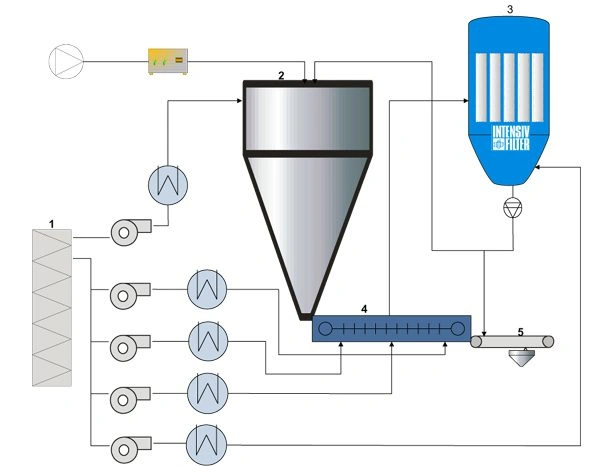
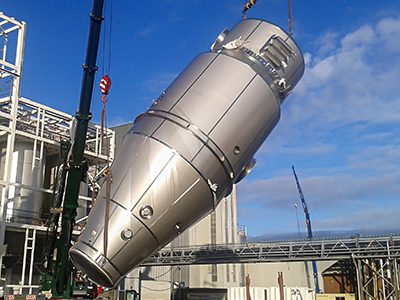
- 1. Ytterfilter
- 2. Spraytork
- 3. CIP-filter
- 4. Extern fluidiserad bädd
- 5. Fyllning
Nödvändig specifikation för CIP-filtret
Typiska designdata | CIP-filter |
|---|---|
Gasvolym | < 230 000 m³/h |
Gastemperatur | 80–90 °C |
Typ av damm | Torkade mjölkprodukter |
Resterande dammhalt | < 10 g/m³ |
Innehåll av rågasdamm | 20 mg/m³ |
Rengöring | Online |
Filtermedium | Polyester |
Explosionsklassad design | Ja |
Sorbent |
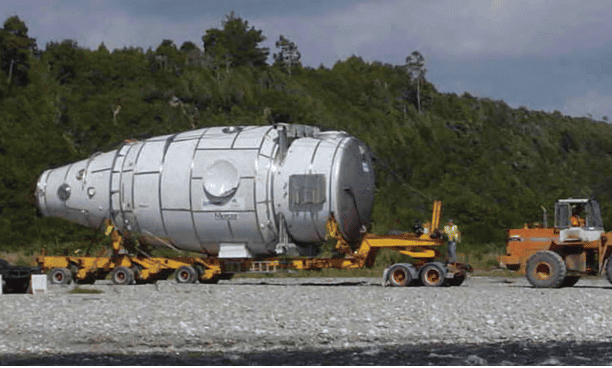
Våra produkters applikation för livsmedelsindustrin

Samla in damm som genereras vid överföring av bulkmaterial, såsom korn, pulver och flingor.
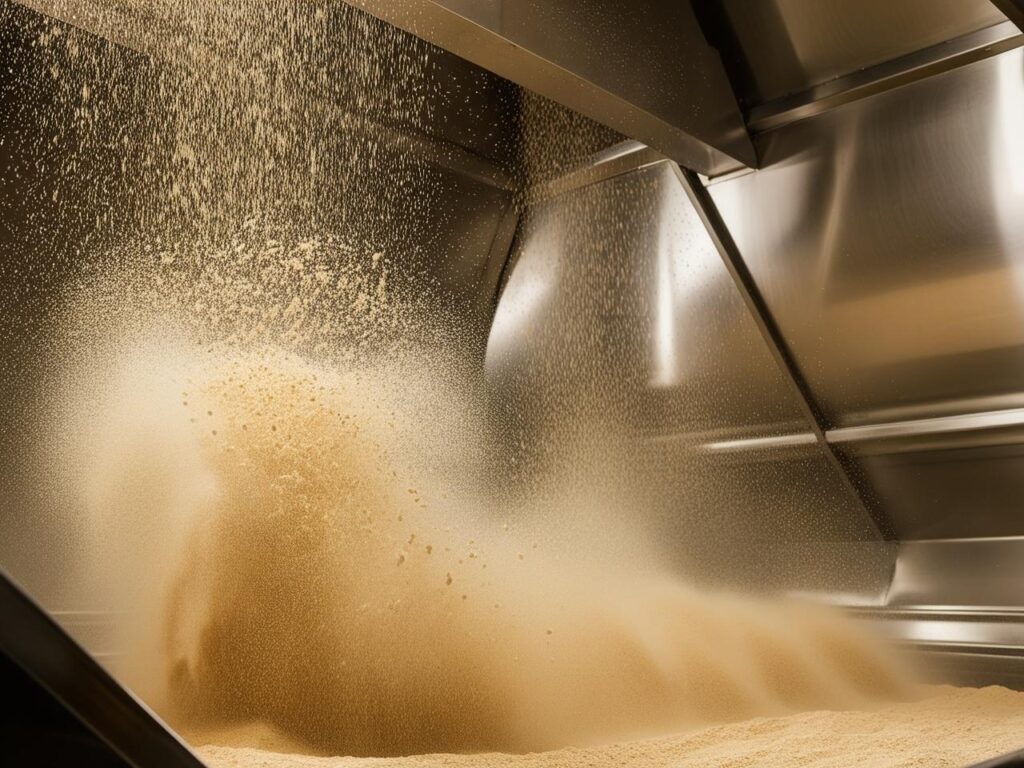
Regelverk för dammkontroll |
|---|
Förordningar om livsmedelssäkerhet |
Överensstämmelse med FDA- och USDA-standarder |
Arbetstagares hälsa och säkerhet |
Efterlevnad av OSHA-föreskrifter |
Brand- och explosionsförebyggande |
Implementering av NFPA-standarder |
Miljöskydd |
Produktkvalitet och konsekvens |
Minskade driftstopp och underhållskostnader |
Utmaningar med dammkontroll |
|---|
Produktkontaminering |
Hälsorisker för arbetare |
Brand- och explosionsrisker |
Regelefterlevnad |
Korskontaminering |
Mikrobiell tillväxt |
Efterlevnad av strikt livsmedelssäkerhet |
Minskad produktkvalitet |
Utrustningsskador |
Viktiga överväganden för effektiv dammkontroll |
|---|
Implementera effektiv dammuppsamling |
Säkerställ korrekt luftflöde och tryck |
Torkade mjölkprodukter |
Använd högeffektiva filtreringssystem |
Regelbundet underhåll och inspektion |
Följ branschstandarder |
Regelbundet utvärdera dammkontrollsystemet |
Processspecifika överväganden |
Riskbedömning och riskreducering |
Kontakta oss för expertkonsultation
Utforska våra andra tjänster!
Vanliga frågor
Inom livsmedelsbearbetning inkluderar vanliga filtreringssystem membranfilter (såsom mikrofiltrering, ultrafiltrering, nanofiltrering och omvänd osmos), djupfilter, aktivt kolfilter och ultravioletta (UV) ljussystem. Dessa tekniker används för att avlägsna fysiska, kemiska och biologiska föroreningar, vilket säkerställer produktens renhet och säkerhet.
Filtreringssystem säkerställer att livsmedelssäkerhetsstandarder uppfylls genom att effektivt avlägsna föroreningar, inklusive mikroorganismer, partiklar och kemiska rester, från råvaror och produkter. Denna reningsprocess bidrar till att uppfylla myndighetskrav och upprätthåller höga kvalitetsstandarder i de slutliga livsmedelsprodukterna.
Filtreringssystem upprätthåller produktkvalitet och konsistens genom att avlägsna oönskade partiklar, mikroorganismer och andra föroreningar från ingredienser och slutprodukter. Detta säkerställer att varje sats uppfyller önskade renhets- och kvalitetsstandarder, vilket leder till enhetlighet i smak, utseende och säkerhet för alla produkter.
